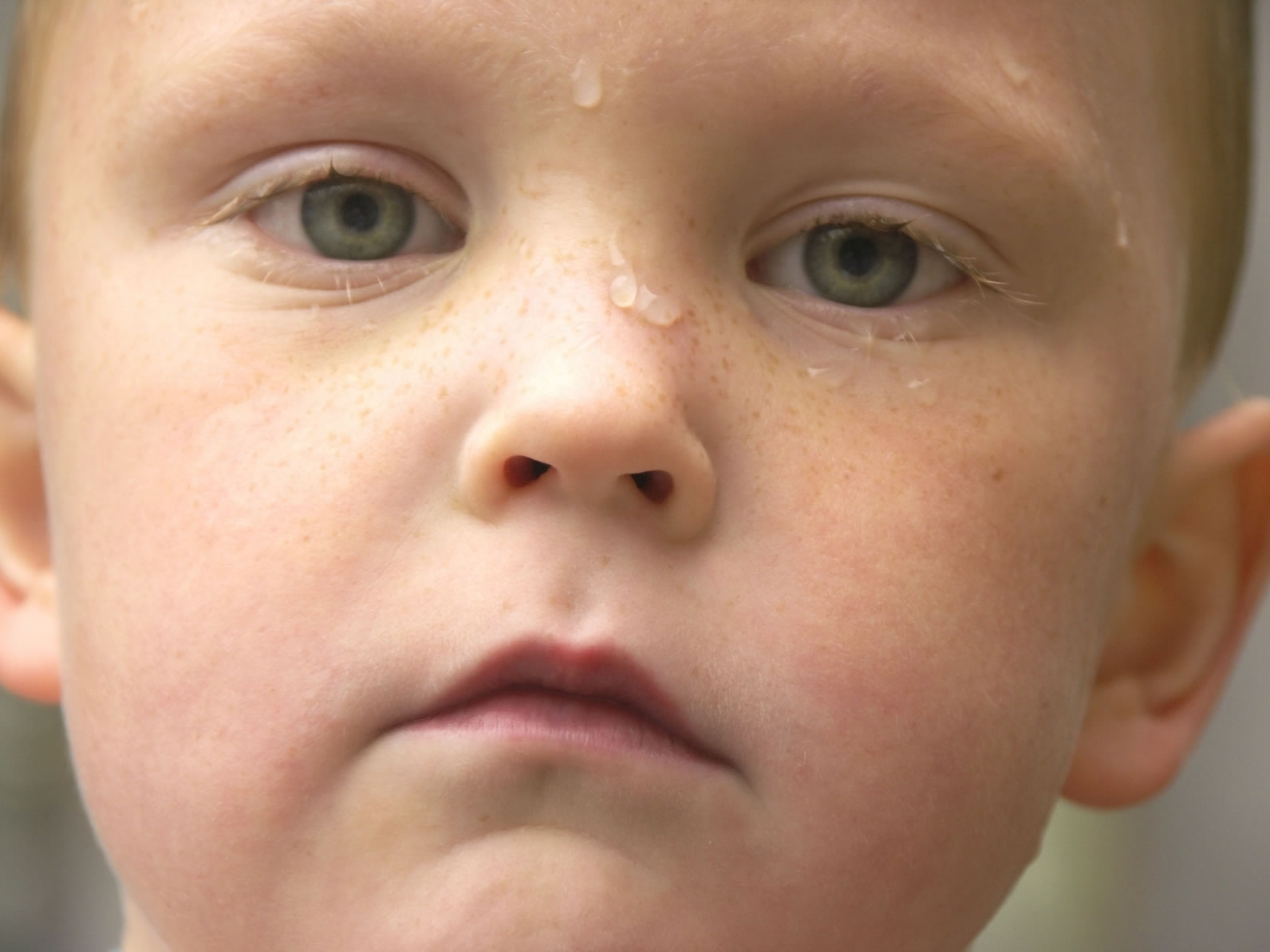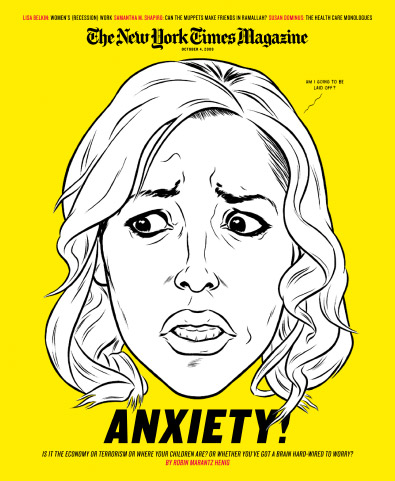Published: October 28, 2009

A group of investigators of the University of Bologna suggest a new way of approaching emotional disturbances in children by improving their psychological well-being. The study is published in the current issue of Psychotherapy and Psychosomatics.
Anxiety, mood disorders and somatoform disorders are among the most prevalent forms of psychological suffering during childhood and adolescence. A specific psychotherapeutic strategy for enhancing well-being (well-being therapy; WBT) has been developed from the multidimensional model of psychological well-being by Ryff. The aim of this study was to apply a modified form of WBT to a child population of patients with mood, anxiety and conduct disorders, and to test its effects in reducing symptoms and in improving new skills and competencies in children. [continue reading…]
Published: October 7, 2009
Doctors should pay more attention to the link between common mental illness and obesity in patients because the two health problems are closely linked, according to researchers at the University of Adelaide.
In an editorial published today in the British Medical Journal (BMJ), the Adelaide researchers add support to claims of a two-way risk between obesity and common mental disorders. [continue reading…]
Published: October 2, 2009
 This next item is a sort of sequel to the previous post which discusses how the clergy dismiss anxiety and depression as mental health disorders. I came across this excellent article in the New York Times by Robin Maranz Henig “Understanding the Anxious Mind”. Are we born anxious? Jerome Kagan, a professor of psychology at Harvard discusses his findings on assumptions about innate temperament.
This next item is a sort of sequel to the previous post which discusses how the clergy dismiss anxiety and depression as mental health disorders. I came across this excellent article in the New York Times by Robin Maranz Henig “Understanding the Anxious Mind”. Are we born anxious? Jerome Kagan, a professor of psychology at Harvard discusses his findings on assumptions about innate temperament.
Link to read this article
Source: The New York Times (Magazine Preview)
Published: October 2, 2009
Research consistently shows that clergy – not psychologists or other mental health experts – are the most common source of help sought in times of psychological distress.
In 2008, a Baylor University study found nearly a third of those who approached their local church for assistance in response to a personal or family member’s diagnosed mental illness were told by their church pastor that they or their loved one did not really have a mental illness. Baylor researchers have now built upon that research and have found that depression and anxiety are the mental illnesses that are dismissed the most often. [continue reading…]


